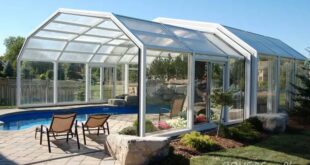Planning a vacation begins with choosing a location and then going through the motions of finding accommodation. Besides travel, hotel expenses are likely to come second on your holiday budget, especially during peak season. What if you had a place of your own that you could get away to whenever you wish?
The beauty of buying a secondary vacation home is that after buying your first home, you have some experience. Nevertheless, it does have its own unique challenges in terms of choosing locations among other considerations.
Here are a few factors to keep in mind as you choose a holiday home to invest in.
Location
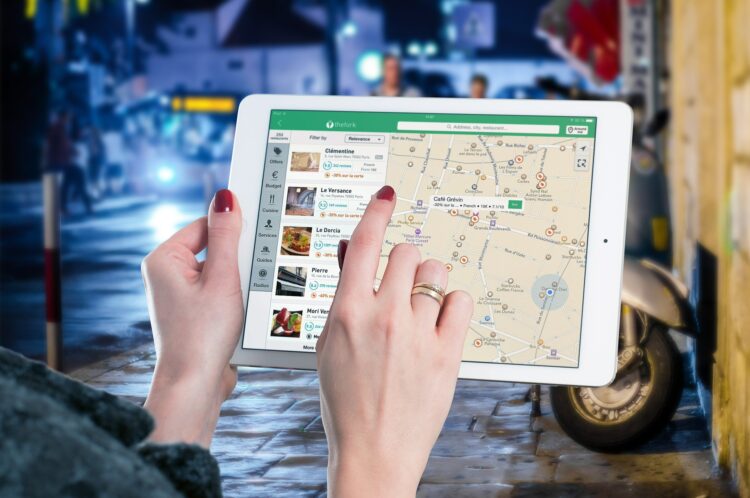
It is impossible to discuss real waste without the location debate coming up. However, in this case, it takes a different angle. Your recreational preferences take center stage as opposed to school districts and traffic. Between sandy beaches, woody highlands, and sprawling ranches, you will be spoiled for choice.
Additionally, you choose to expand your options and invest abroad. It would be a great choice if you enjoy sampling other cultures and exotic destinations. Dubai is one such destination with diverse kinds of holiday homes with considerably favorable terms.
It is crucial to do extensive due diligence when buying a property in a foreign country. Real estate policies vary around the world and could be tricky to navigate. Professional legal representation can also not be understated.
Cost
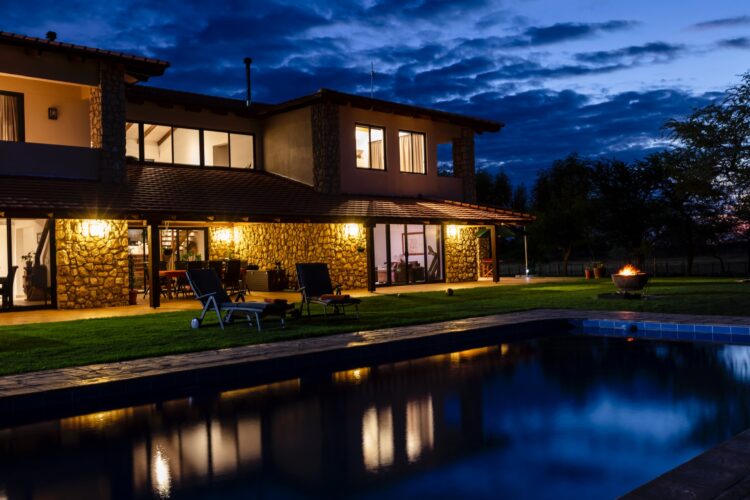
The amount you are willing to invest naturally determines what your options are. Once you decide on a location and the kind of holiday home you would like, do your homework.
Exploring your options before getting a real estate agent can give you a better sense of what the area has to offer. You might find that it is cheaper to build than buying; especially in areas that are remote and not too developed.
On top of the cost of purchase, factor in maintenance costs. Vacation properties such as ranches require staff to keep them running and there are taxes too. Evaluate whether such costs are sustainable for you in the long-run.
Value
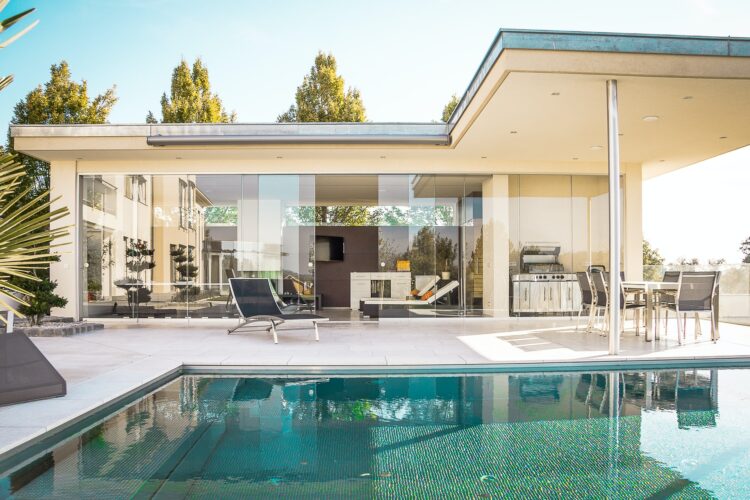
It is always a smart financial move to invest in properties that appreciate in value. In the event that you need to sell it in the long run, you should be able to make a handsome profit. As you make a decision on a holiday home, the indicators of future value would include:
- Potential growth of nearby towns
- The popularity of the region
- Nature of the property
Weigh the possibility of getting additional value from your investment currently too. Strategic holiday properties with views and proximity to entertainment options can attract seasonal renters. It could provide you with an extra source of income and mitigate maintenance costs.
Amenities and Accessibility
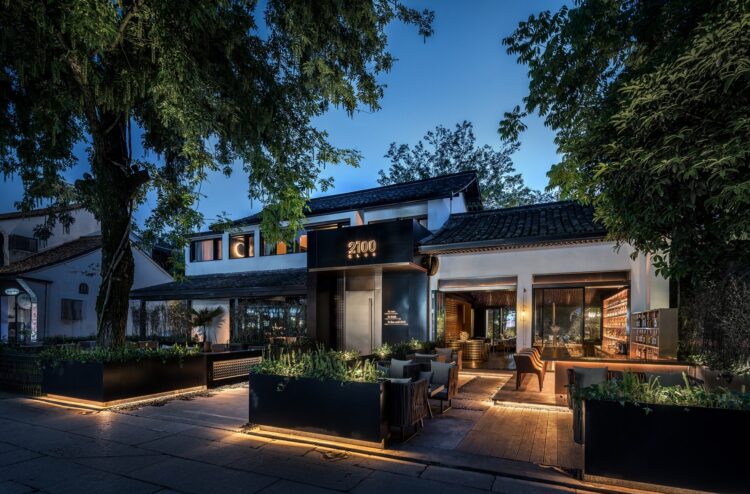
Owning a cabin in the woods is an excellent idea but not so much if there is no running water. Not everyone is cut out for a real-life episode of Survivor. Charming as the property may be, ensure that it has basic amenities or viable alternatives.
On accessibility, some areas experience heavy snow and other forms of extreme weather from time to time. If you buy waterfront property, for instance, flooding is a possibility. Coming in by boat will require sturdy and reliable infrastructure like a high quality floating walkway, click here to find out more. Consider whether such options are available or whether you can at least have them installed.
Activities
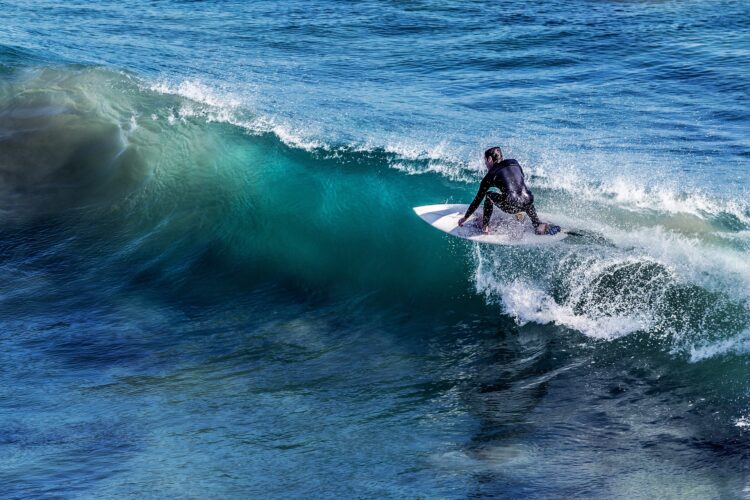
Given as you will likely visit your holiday home regularly, it would be nice to have sufficient forms of entertainment. Surrounding towns with annual festivals, for example, will always give you something to look forward to. Fishing, surfing, hunting, and golf are also possibilities you can reflect on. At the end of the day, the goal is to have access to the things you enjoy.
Regulations

As with most communities, there may be rules that govern the location of your vacation property. If it is located in the woods, for instance, you may be prohibited from cutting certain trees. You might be looking forward to fresh catches too but some areas only allow catch and release type of fishing. It gets even more complex if you have chosen a foreign country as its culture may be very different.
Nonetheless, regulations are not necessarily a hindering factor but it is essential to be aware of them. It may save you from offending the sensibilities of your neighbors or unknowingly breaking the law.
Safety
For a larger part of the year, you will not be in residence at your vacation property. Therefore, there is a need to know that your assets will be safe. Prime properties that are unoccupied tend to attract burglars. You could consider alarms and cameras to keep tabs while you are away.
In the event that you are leaning towards a place in the woods, consider proximity to the ranger station. You just never know when you will need to call for help for accidents or animal incidents.
Suffice to say, if there is a scarcity of emergency services, you might want to reconsider.
Conclusion
There are a lot of advantages to having a vacation property. Aside from privacy, you will no longer need reservations and you could turn it into a retirement home. Moreover, if you have a large family, it will significantly lower your vacation costs.
Given everything that is on offer, you might feel uncertain about what might suit you best. In addition to all these factors, simply pick the kind of place you will never tire of going back to.
 Hi Boox Popular Magazine 2024
Hi Boox Popular Magazine 2024


